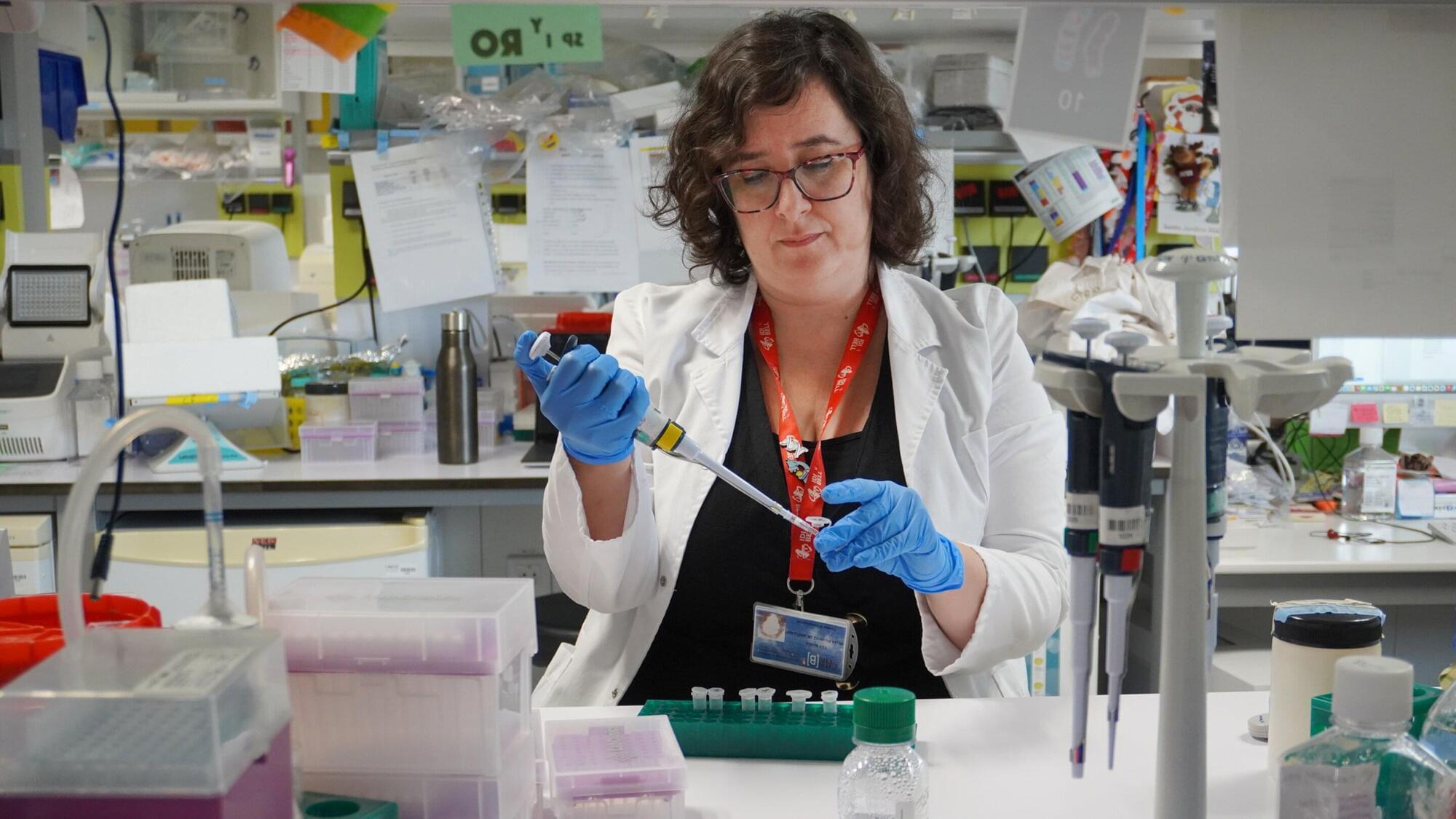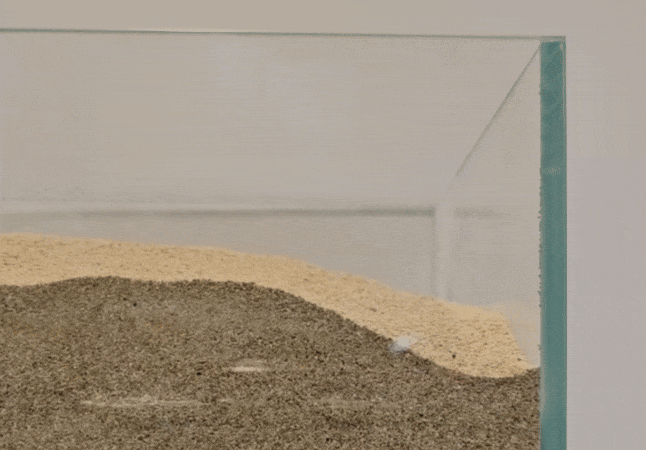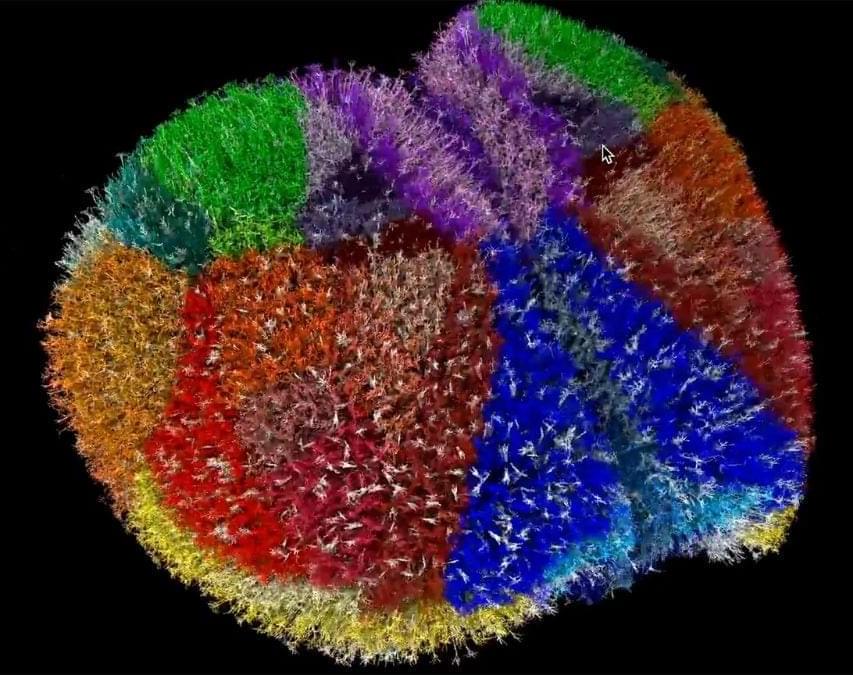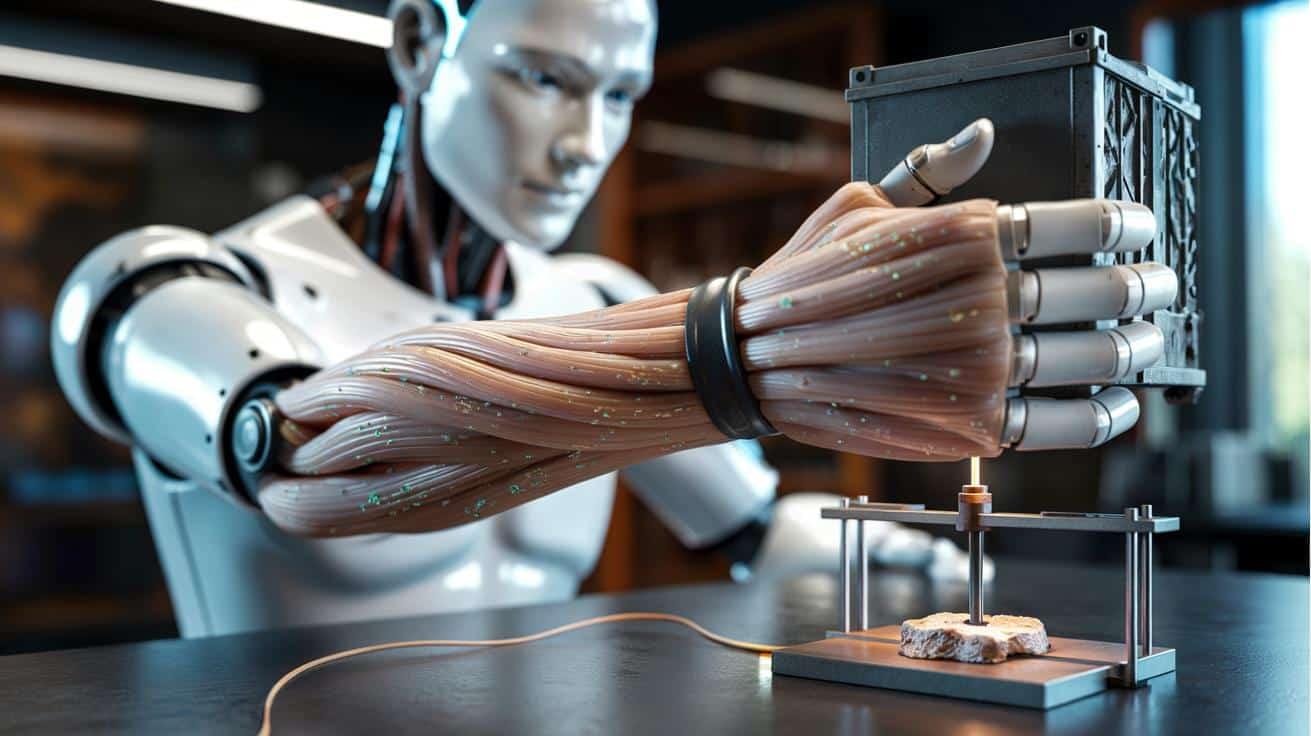Rapidly expanding advances in computational prediction capabilities have led to the identification of many potential materials that were previously unknown, including millions of solid-state compounds and hundreds of nanoparticles with complex compositions and morphologies. Autonomous workflows are being developed to accelerate experimental validation of these bulk and nanoscale materials through synthesis. For colloidal nanoparticles, such strategies have focused primarily on compositionally simple systems, due in part to limitations in the generalizability of chemical reactions and incompatibilities between automated setups and mainstream laboratory methods. As a result, the scope of theoretical versus synthesizable materials is rapidly diverging. Here, we use a simple automated platform to drive a massively generalizable reaction capable of producing more than 651 quadrillion distinct core@multishell nanoparticles using a single set of reaction conditions. As a strategic model system, we chose a family of seven isostructural layered rare earth (RE) oxychloride compounds, REOCl (RE = La, Ce, Pr, Nd, Sm, Gd, Dy), which are well-known 2D materials with composition-dependent optical, electronic, and catalytic properties. By integrating a computer-driven, hobbyist-level pump system with a laboratory-scale synthesis setup, we could grow up to 20 REOCl shells in any sequence on a REOCl nanoparticle core. Reagent injection sequences were programmed to introduce composition gradients, luminescent dopants, and binary through high-entropy solid solutions, which expands the library to a near-infinite scope. We also used ChatGPT to randomly select several core@multishell nanoparticle targets within predefined constraints and then direct the automated setup to synthesize them. This platform, which includes both massively generalizable nanochemical reactions and laboratory-scale automated synthesis, is poised for plug-and-play integration into autonomous materials discovery workflows to expand the translation of prediction to realization through efficient synthesis.








